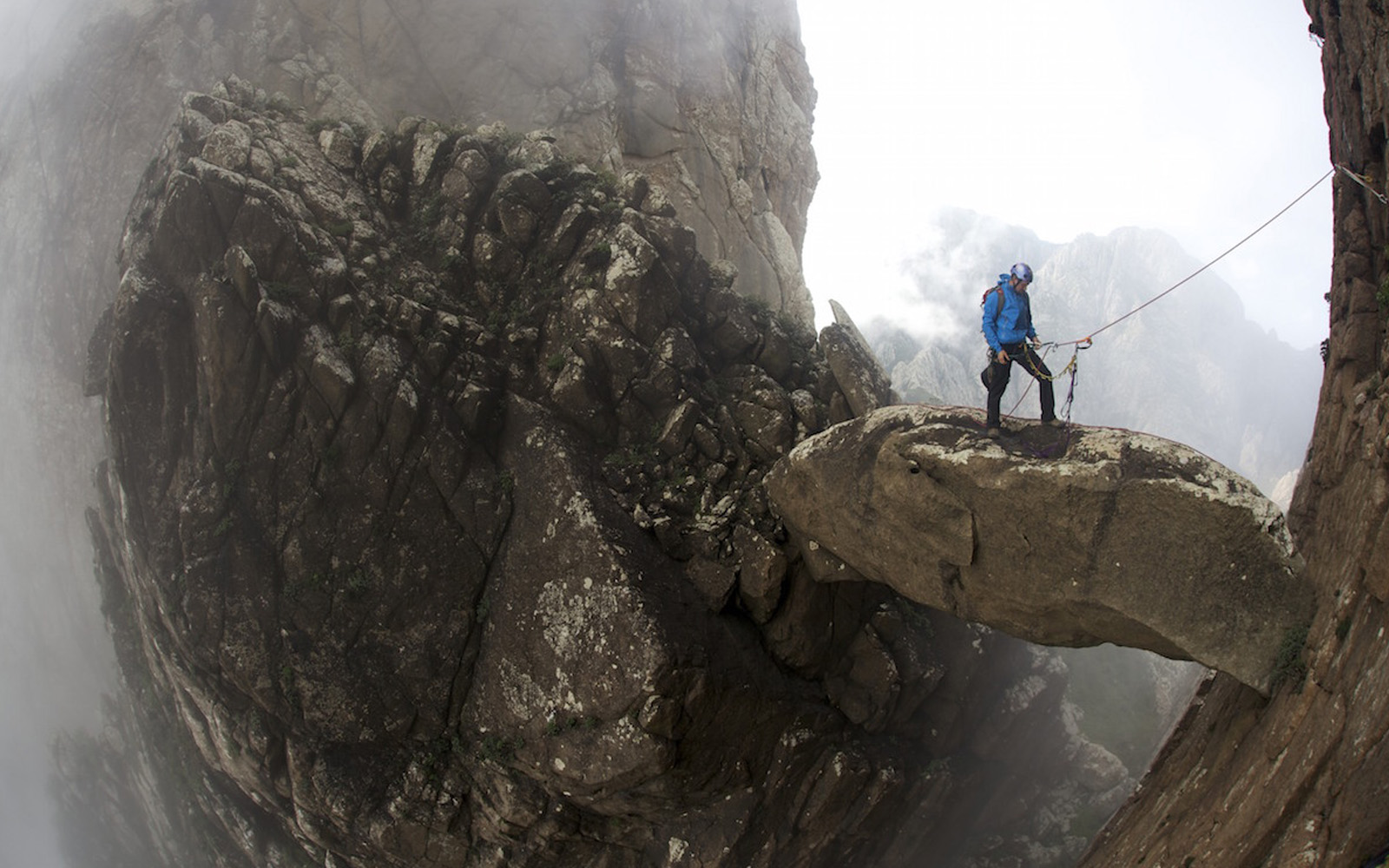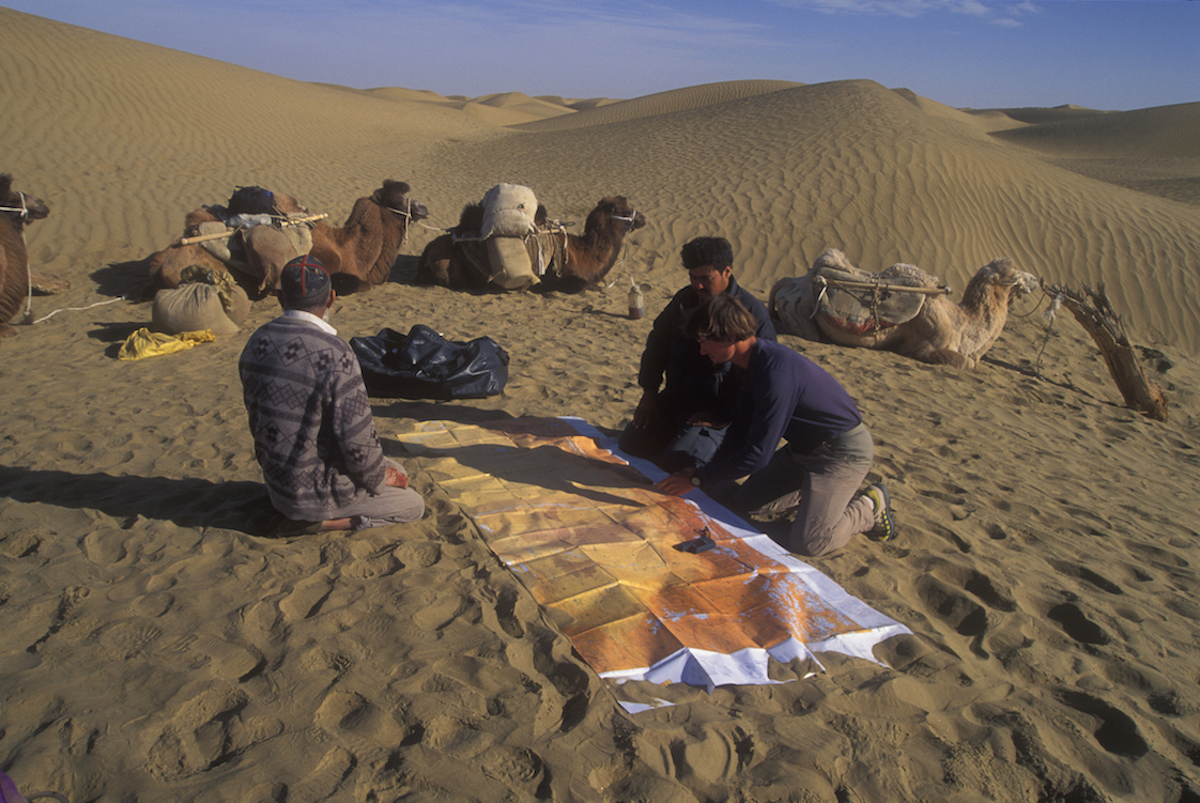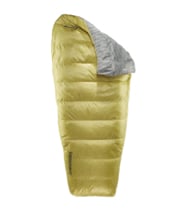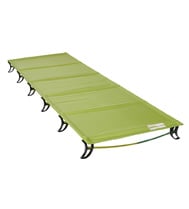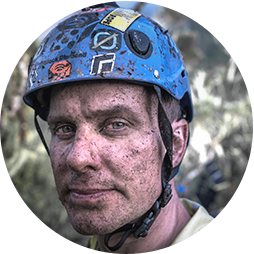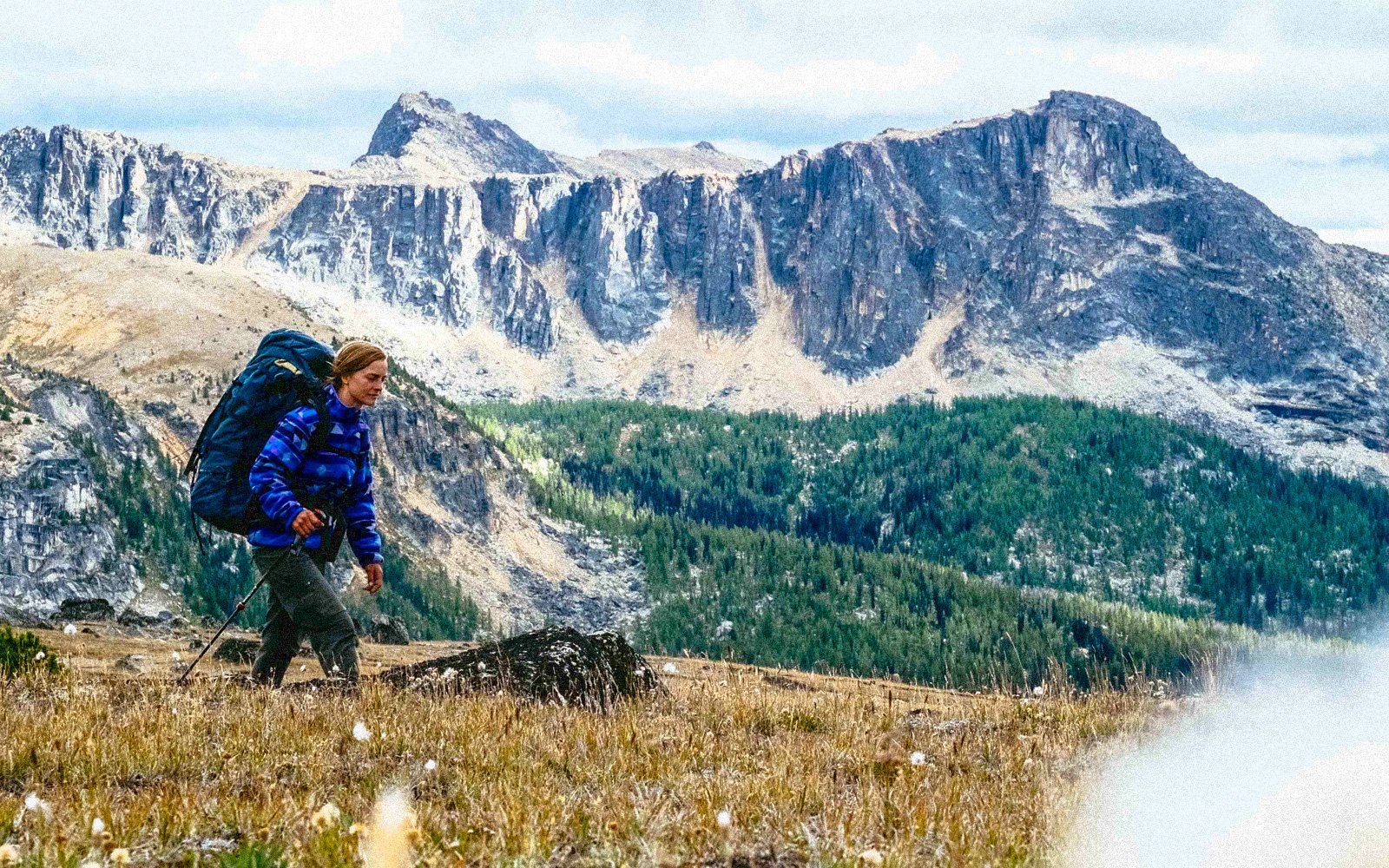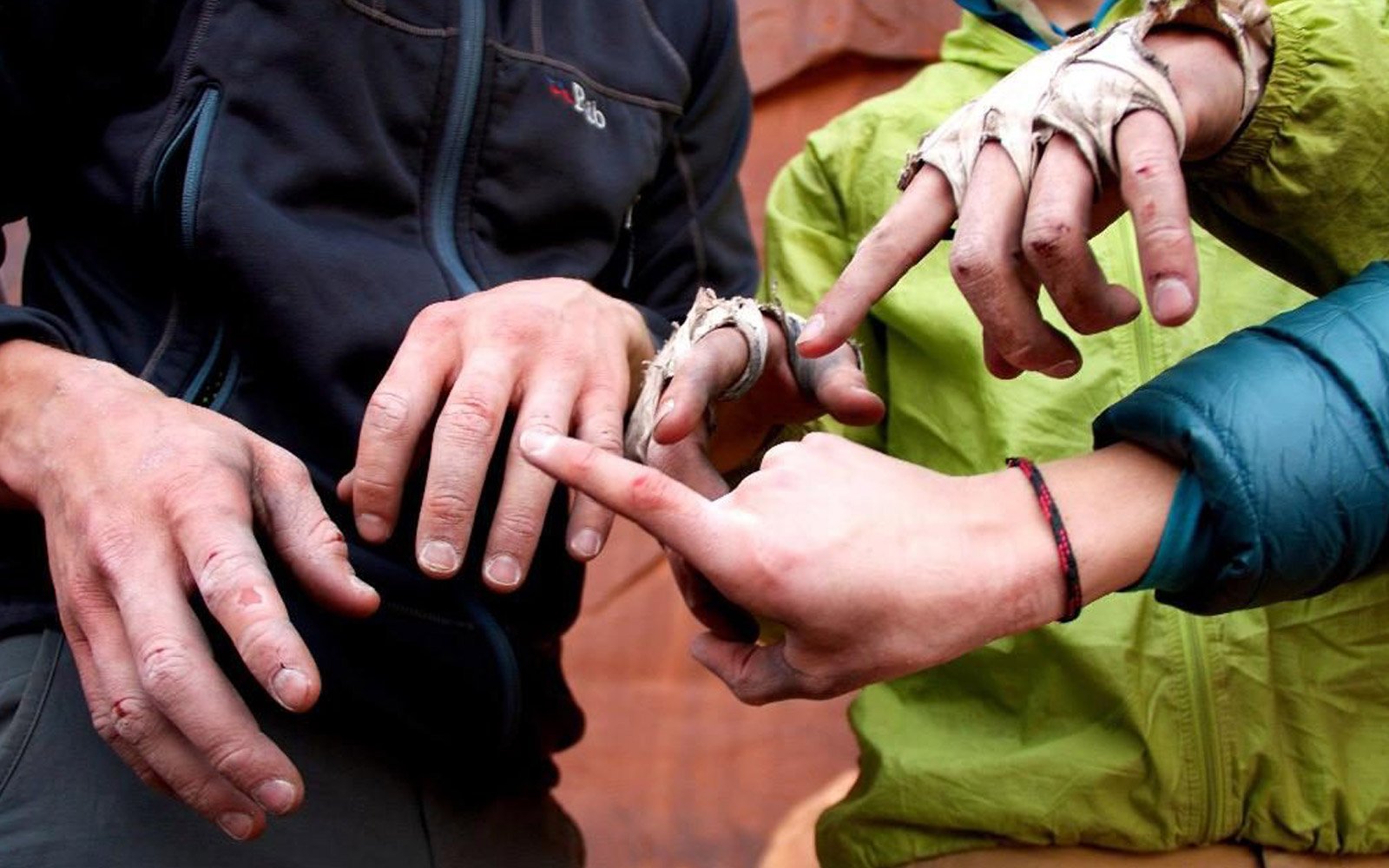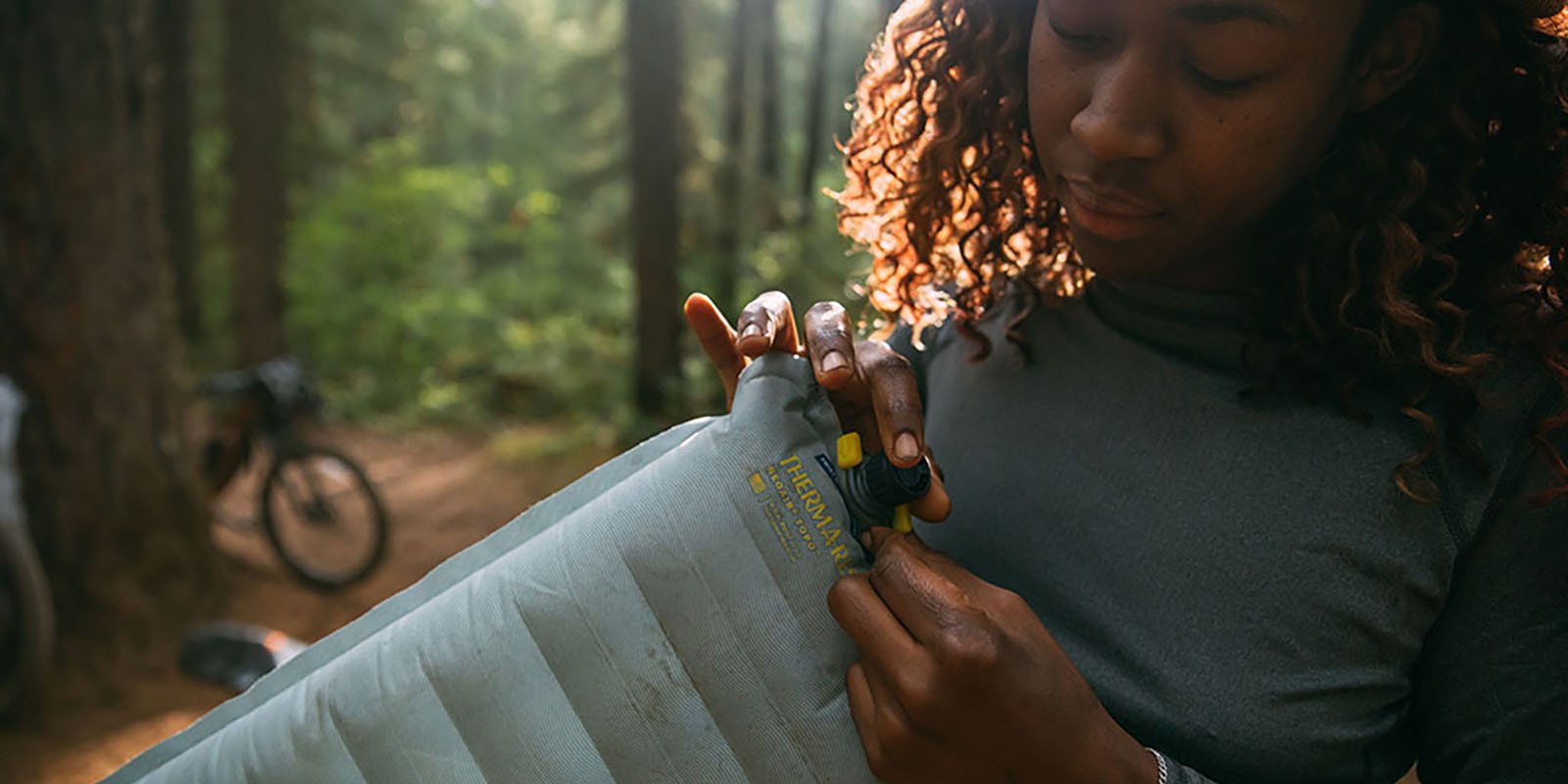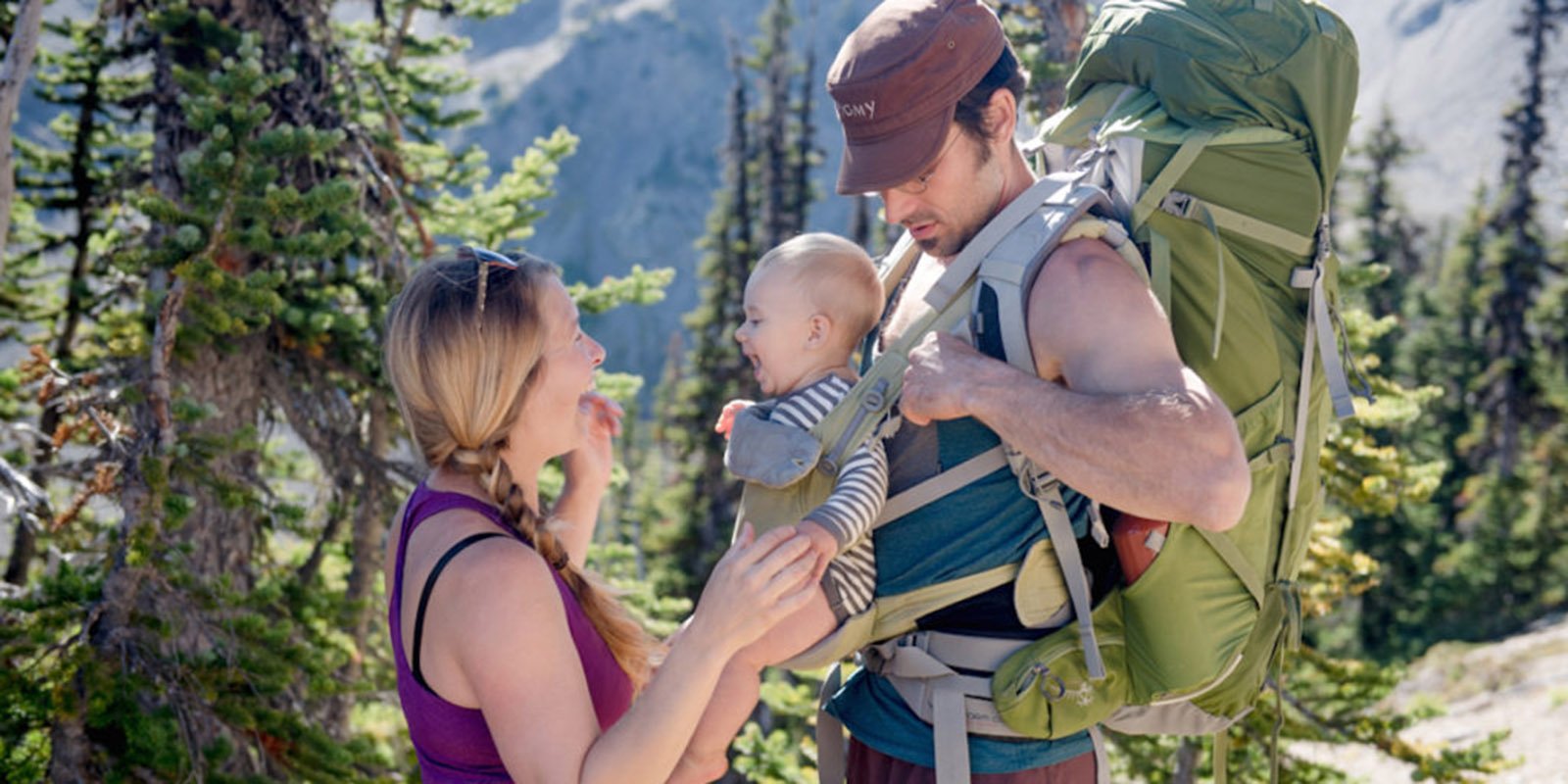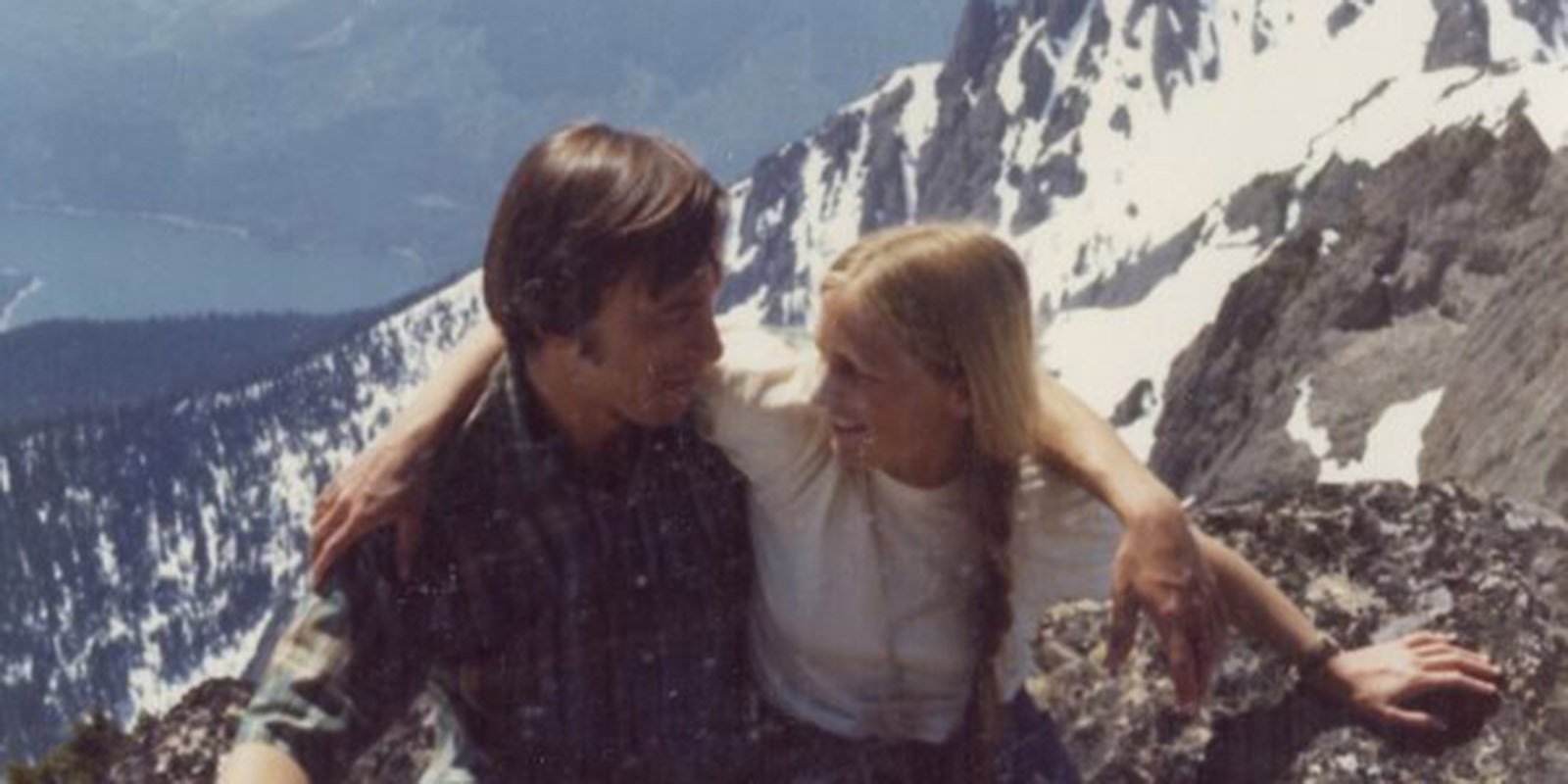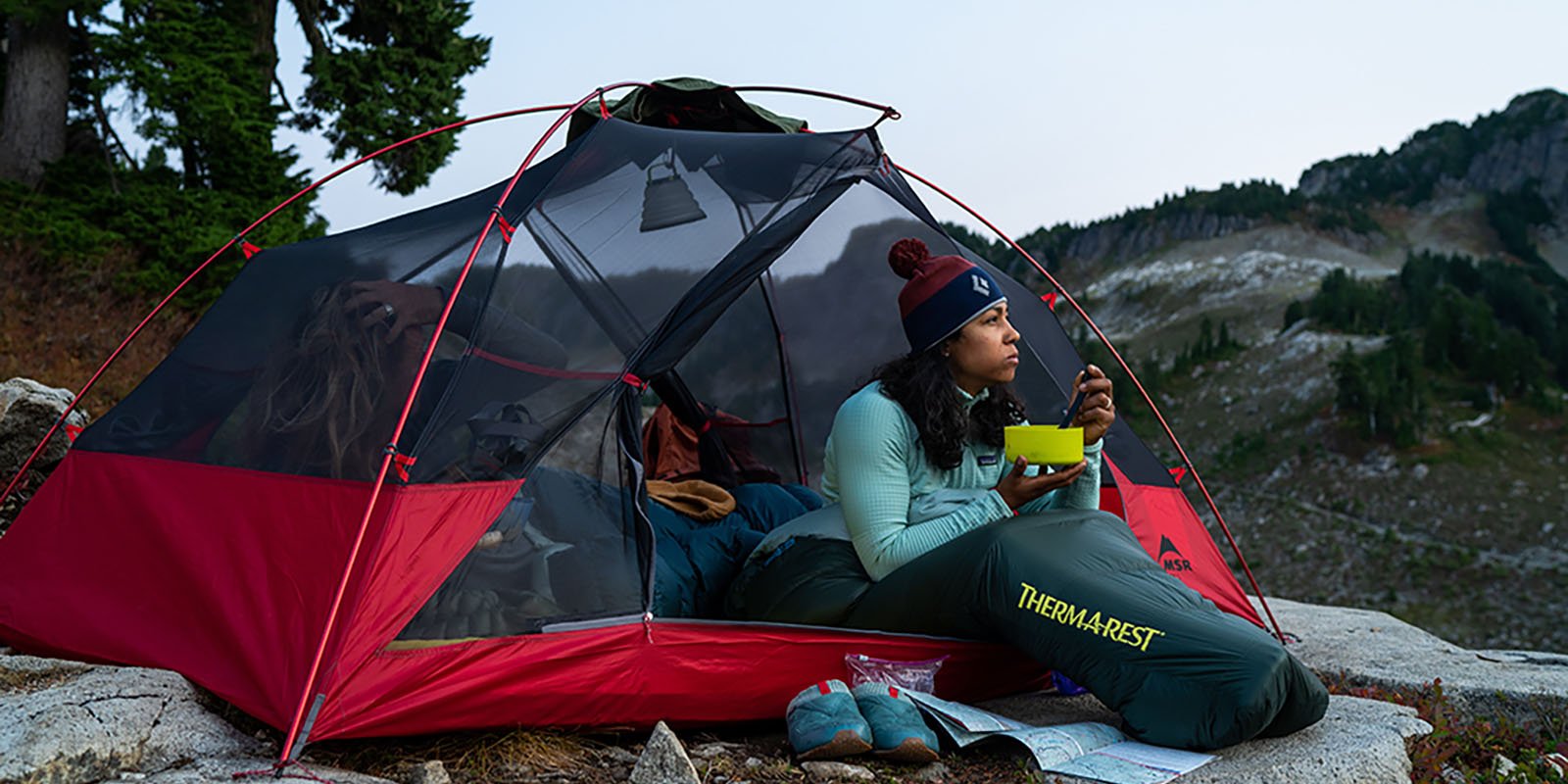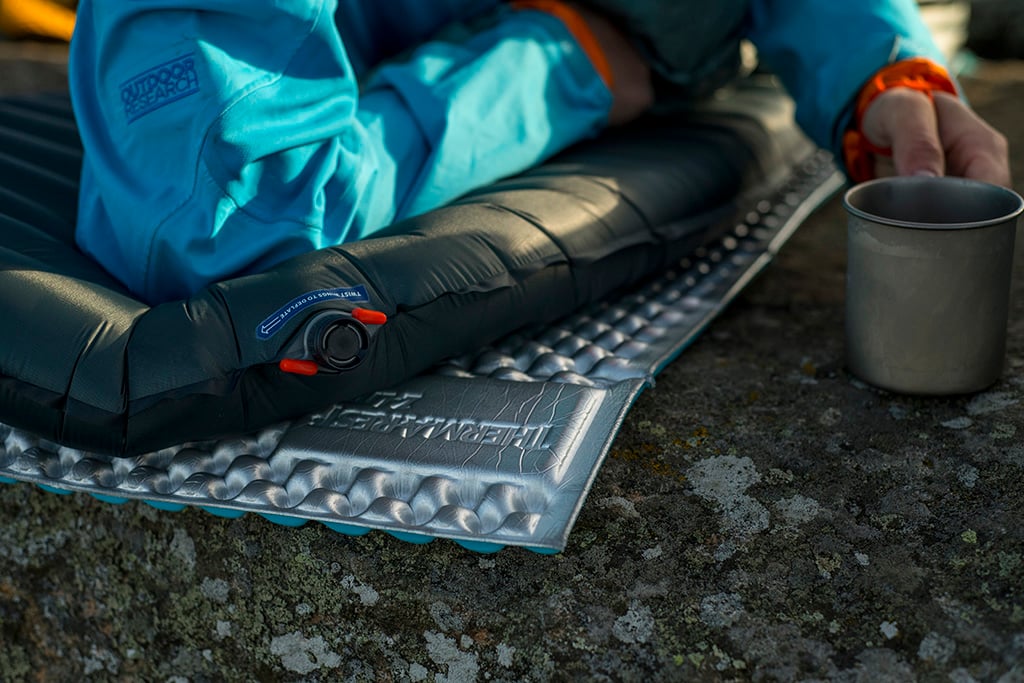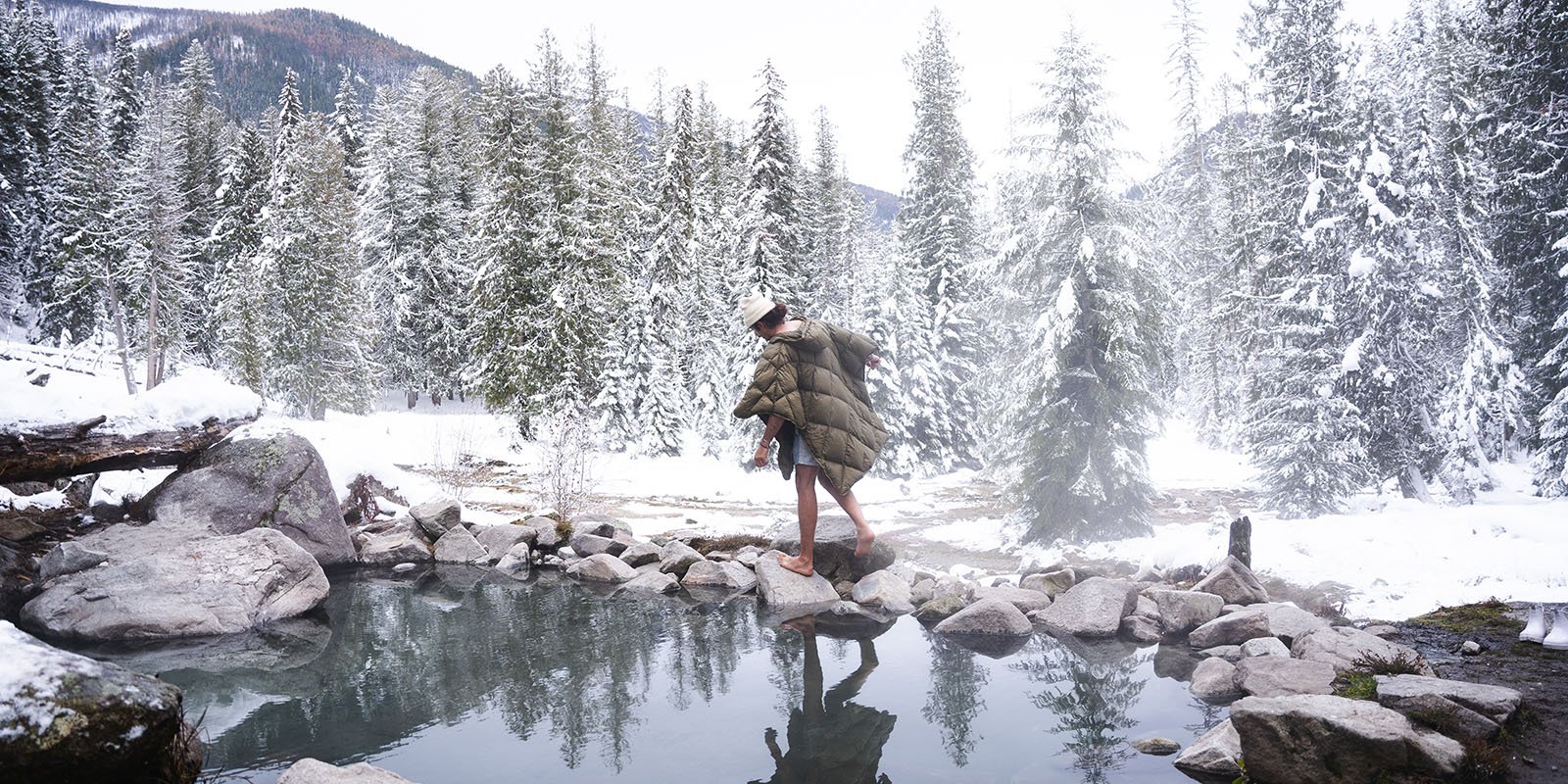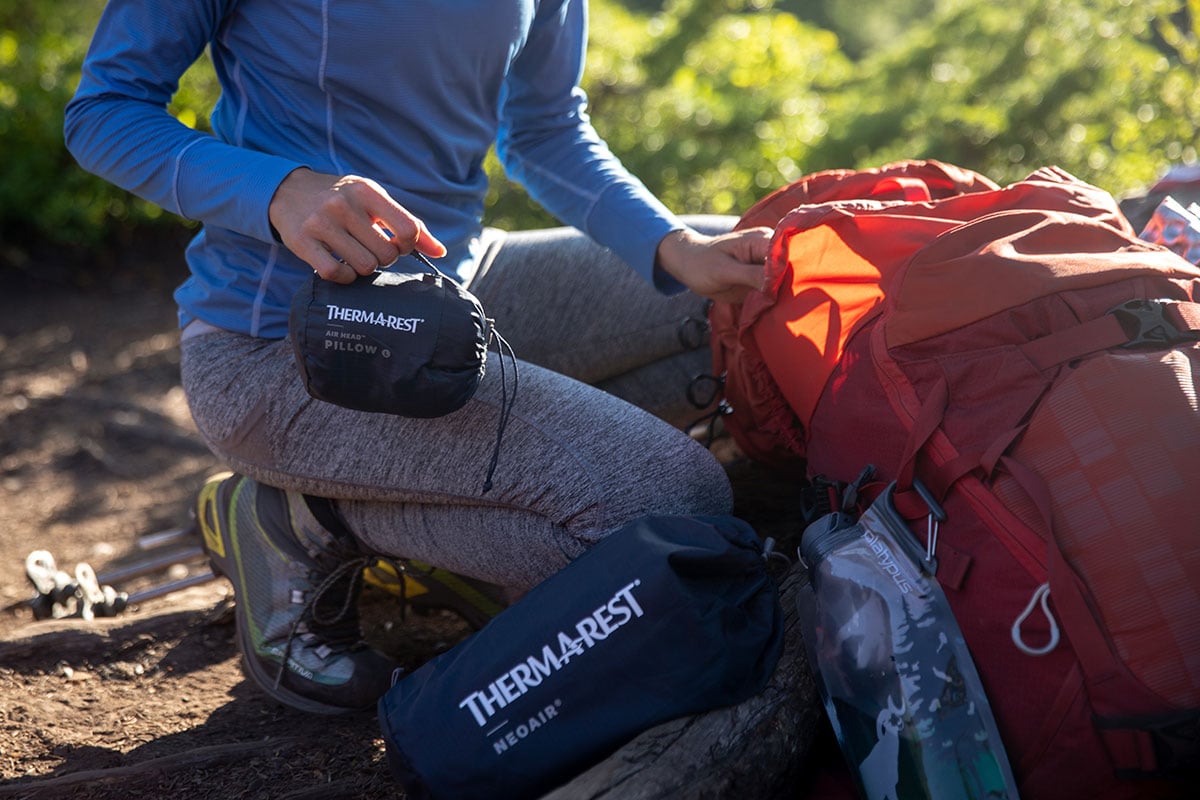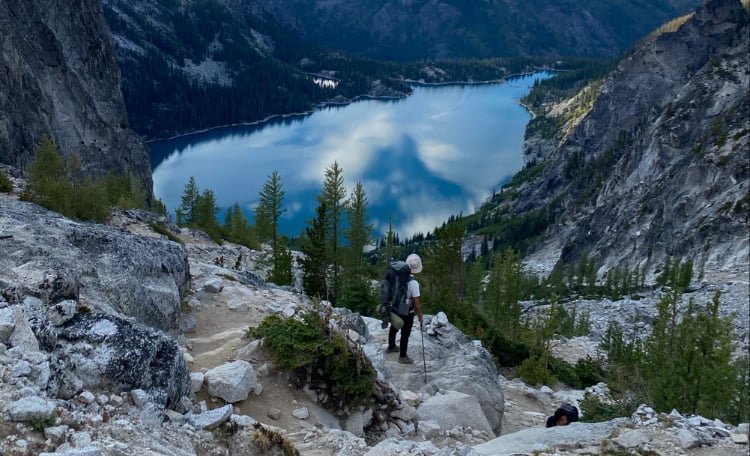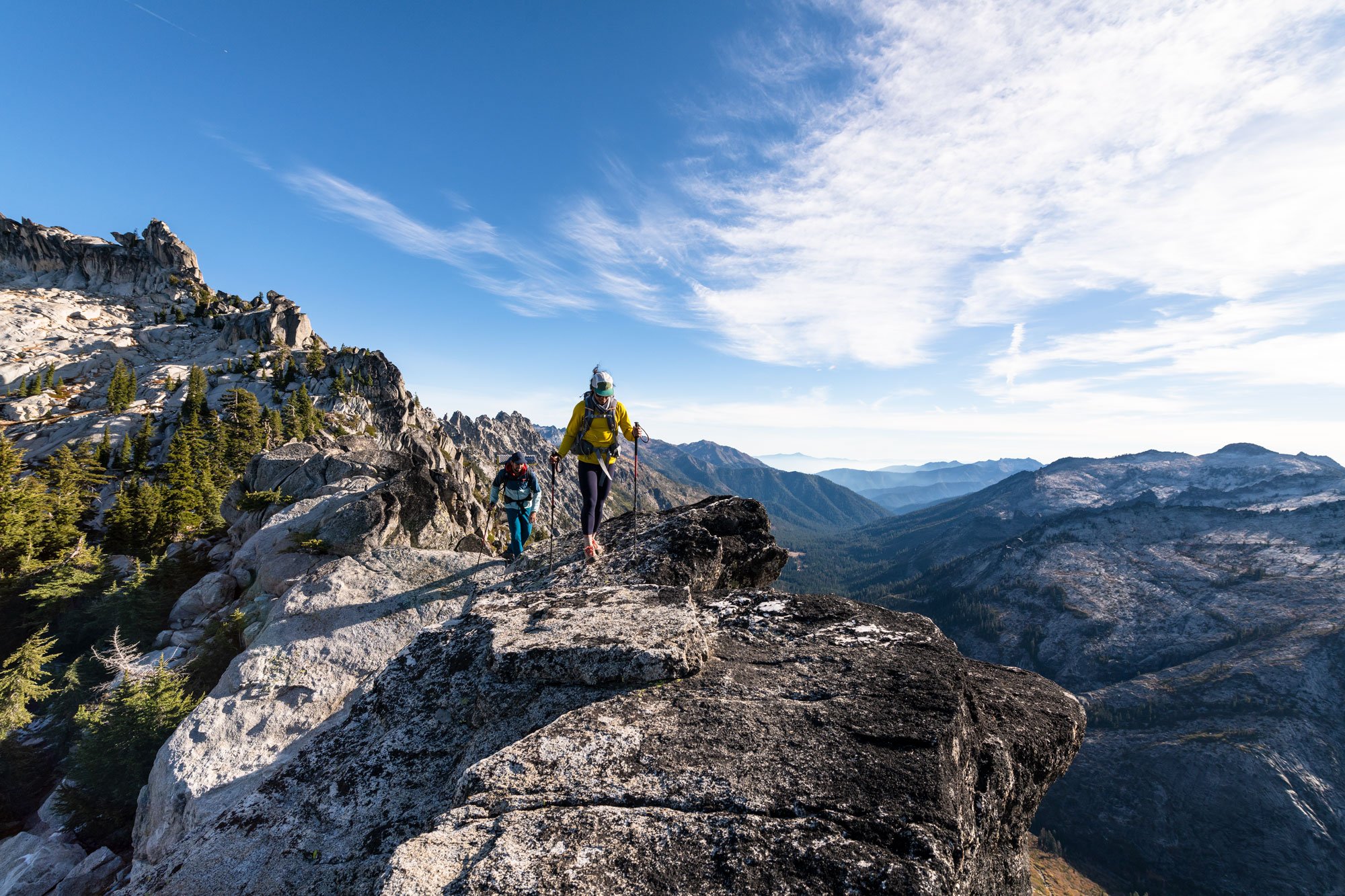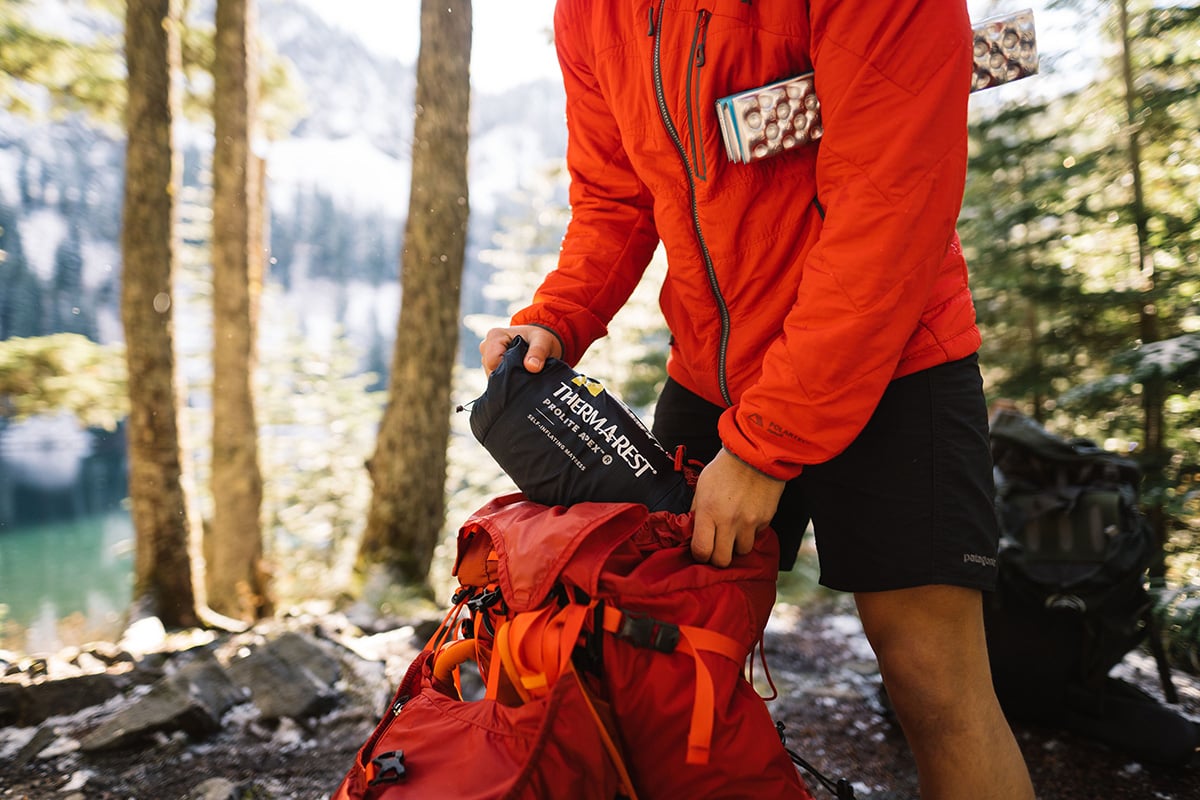
I’ve been on more than 65 expeditions and over 20 of them have been solo missions. I’ve learned that when I’m climbing and adventuring many days and miles in the backcountry where a rescue may not be an option, preparation and packing are not just the way to succeed … they are matters of life and death. So since it’s usually just me, myself and I out there I’ve developed some tips over the years. Here is some of my hard-won wisdom to help you prepare for success on your next adventure.
Prepare and Repair
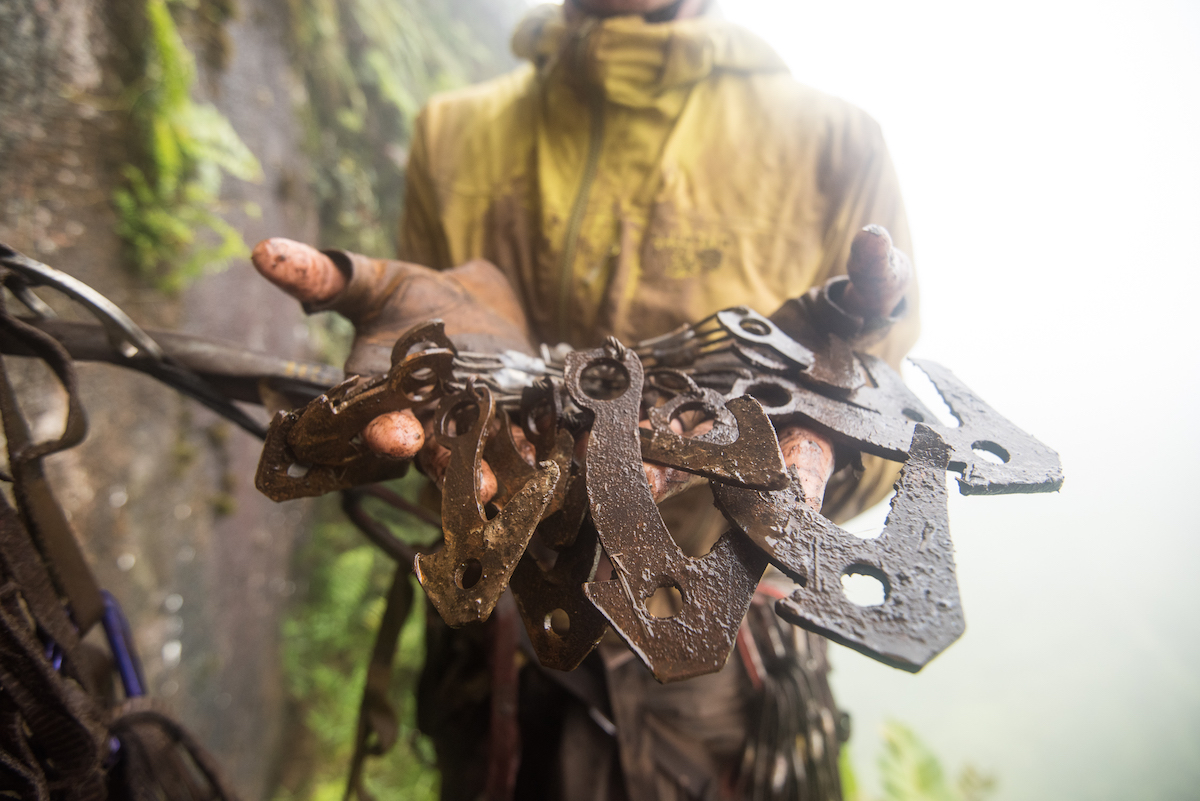
Take the time to test your tent, portaledge, cams, stove, or any other gear before every trip. Find out what fuel you can buy at your destination. Pack the tools needed for upkeep and repair: lube for cams that get doused in saltwater or mud; a file for crampons and axes; tools to fix or clean your stove; a repair kit with baling wire, zip ties, duct tape, tent-pole repairs, and bomber sewing materials. Always assume your equipment can fail.
GPS and Maps
You may need to come out a different way than you went in, so pack a range of maps. But don’t depend on just maps or just GPS—learn to use them both.
Bring Antibiotics
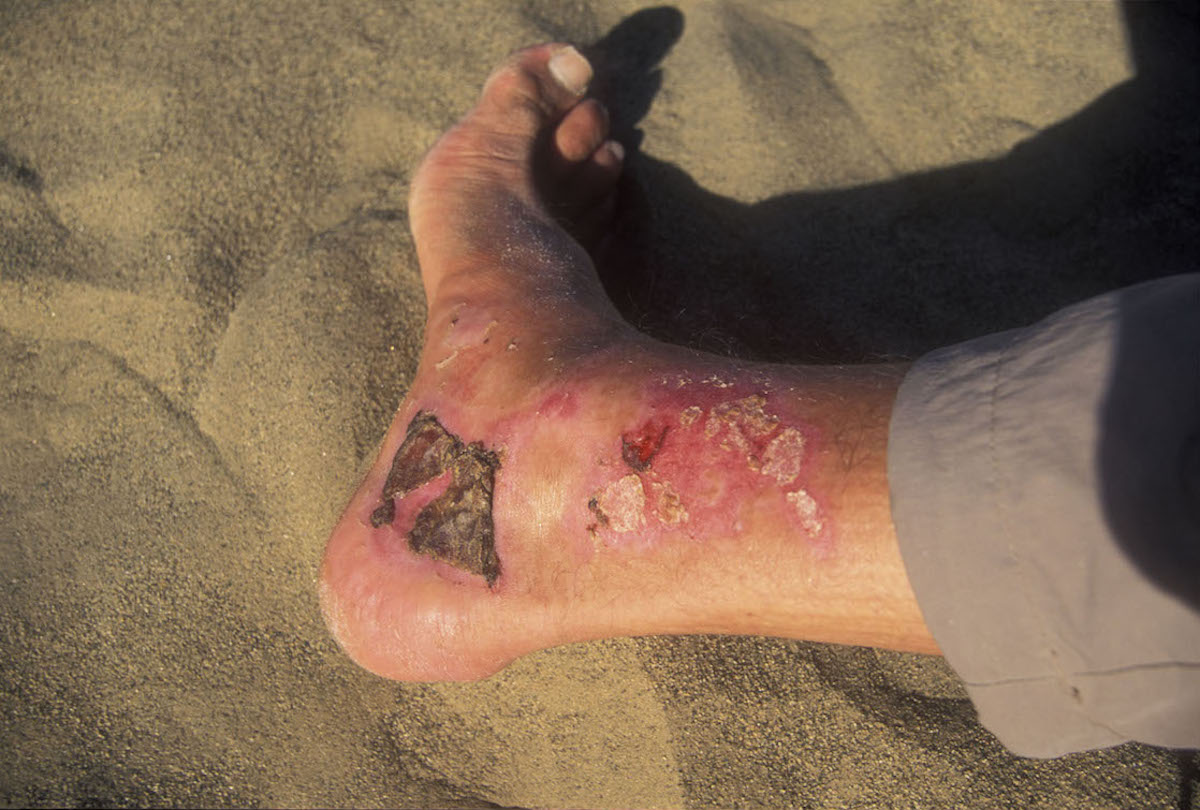
Depending on the area, I may have up to six different antibiotics with me, but the minimum are Ciprofloxacin and Avelox.
Med Kit
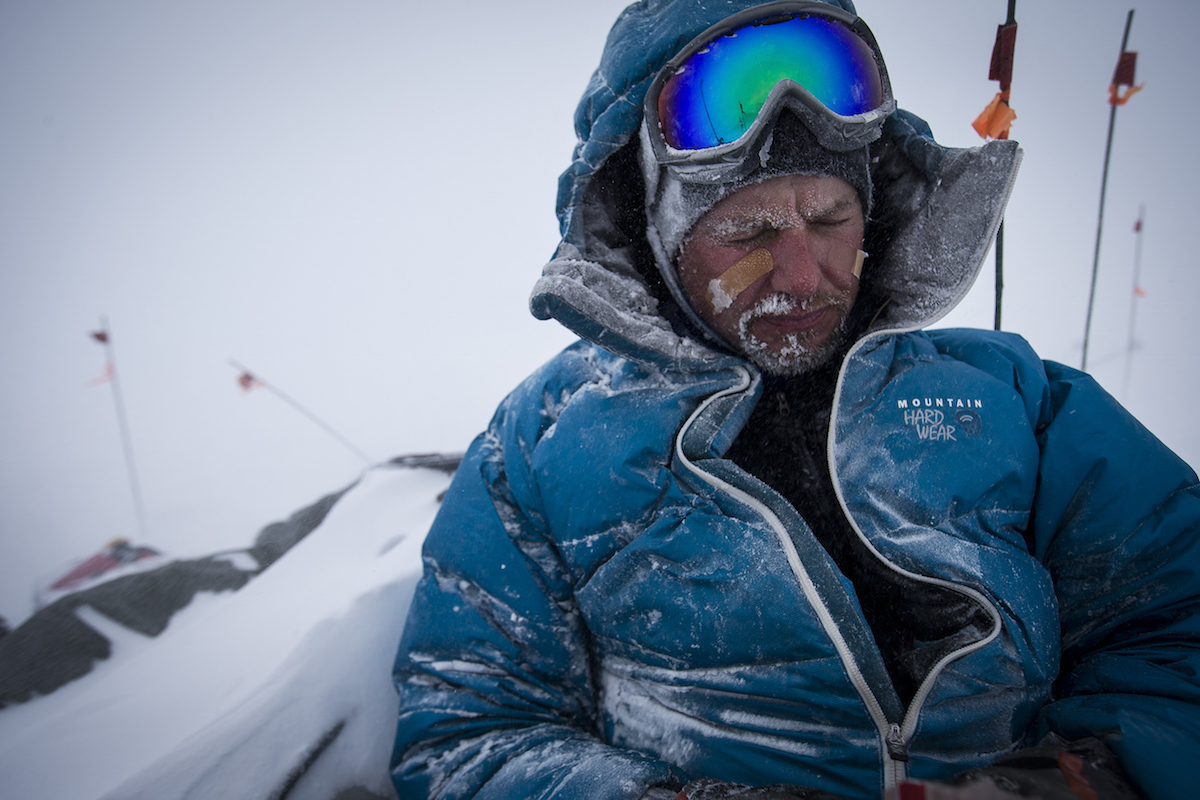
You literally may need to save your own or your partner’s life, so take classes, consult a savvy doctor, and pack a full medical kit: EpiPen, tooth care (temporary fillings, etc.), serious pain meds, Super Glue, a stitch kit for human flesh—the list goes on and on. And know how to use them!
Water Treatment
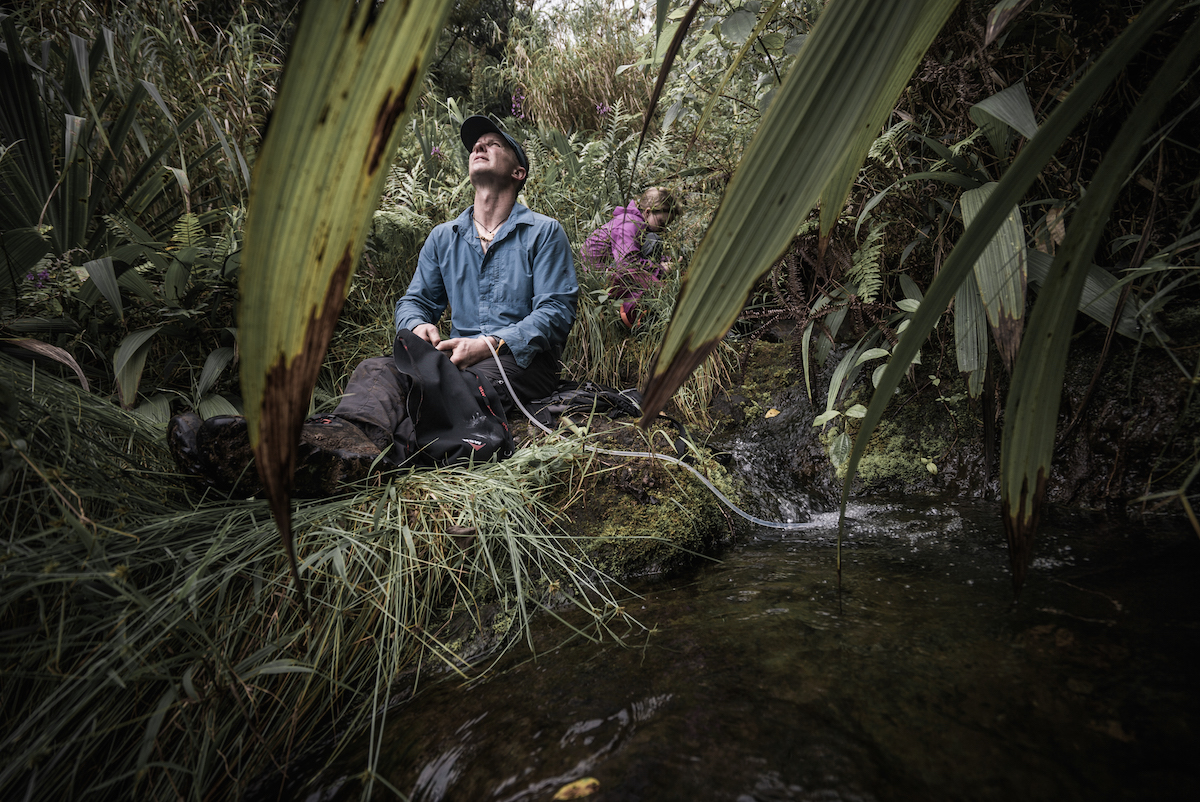
Trust me, when it’s coming out both ends for 48 hours, you’ll wish you had filtered or treated your water thoroughly. Same goes for exotic food (I’ve had ox penis, raw seal liver, polar bear, possum intestine, various eyeballs) that you might try in order to be respectful to the locals. Bring hand sanitizer and wash your hands frequently.
Develop an “Always with Me” Kit

I always carry prusiks, back-up slings and a micro-kit containing a lighter, knife, duct tape, a mini-headlamp, and a photo of my daughter for mental strength during a hard bivy.
Learn Self-Rescue and Emergency Practice
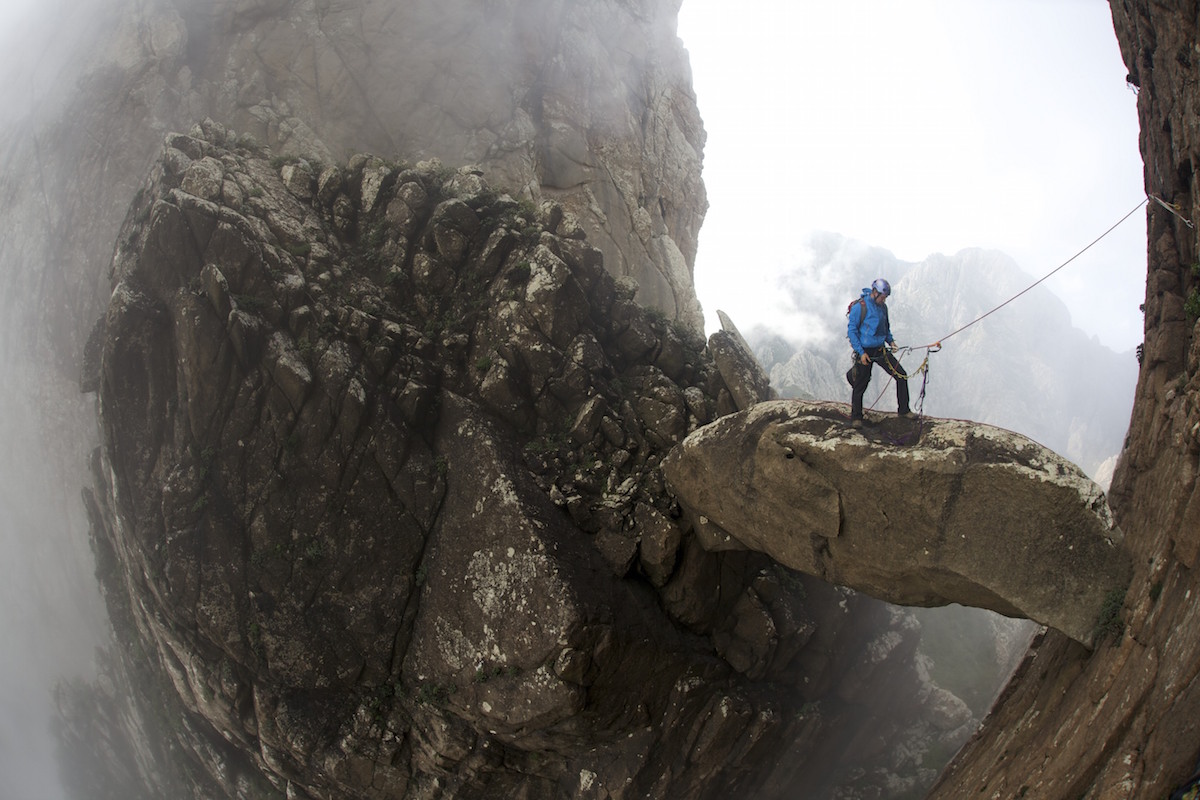
Go to your local cliff and have your partner play dead from the rock you just pulled onto his head—what do you do? What if you broke your arm or leg? How would you gather rainwater in a portaledge or escape from a wall in a storm? Can you improvise a haul, rescue, or rappel if you lose critical gear? Can you communicate with your partner when he or she is out of sight and earshot? (Consider two-way radios.) When it’s subzero and the wind is 40 mph and all hell breaks loose, you will be happy you prepped for everything!
Satellite Phone
Invest in a satellite phone for the last-resort rescue possibility. (Also, invest in a Global Rescue policy or the equivalent.) I understand the desire to cut ties to the outside world, but having a satellite phone has likely saved my life more than once, including calling a doctor to walk through emergency procedures. (What if your appendix bursts?) And calling loved ones is important for this lifestyle. As a father, being able to call my daughter has made a world of difference—to me and to her.
Bring Entertainment
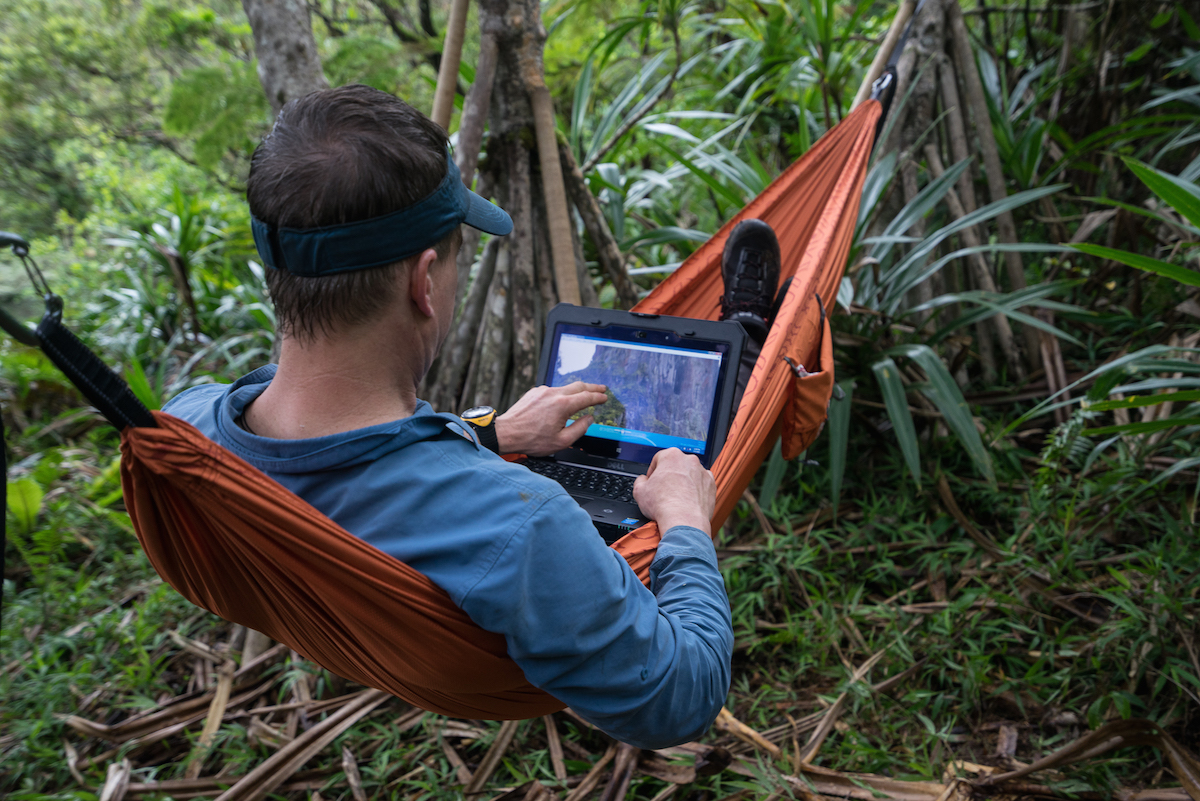
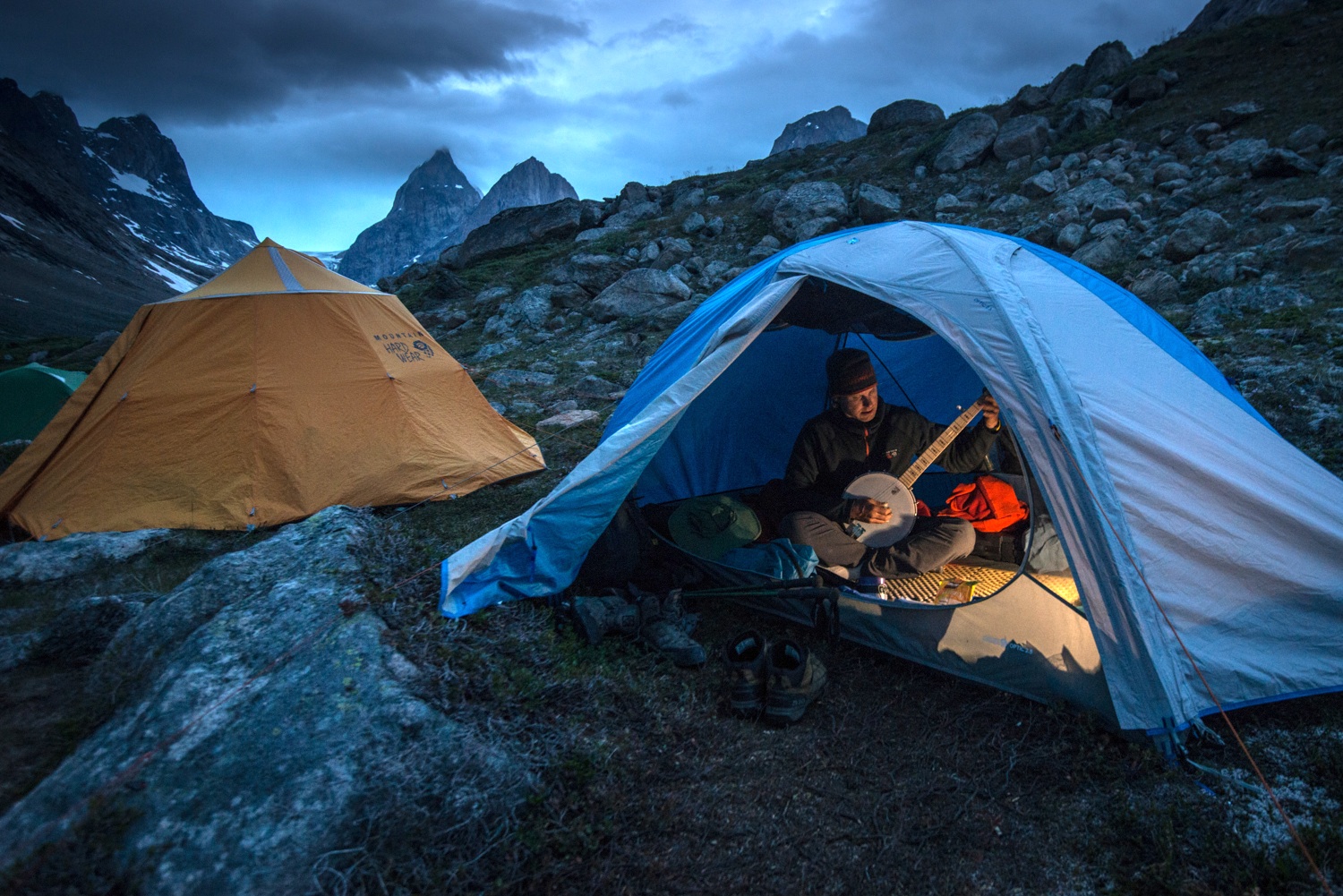
Pack plenty of books, music/instrument, pencil/paper, games, etc. Especially when sitting out a storm for 10 days, these will better your chances for not losing it. Also, bring great food and drink, at least for basecamp. Sentimental or funny stuff can also lighten a dark mood. I like bringing my Chinese zodiac masks for summit celebrations. (This is the Year of the Horse!) I have two necklaces that never leave my neck: one from my mom and one from my daughter, providing energy and inspiration.
Research the Culture
Study the language, history and current events of the place you’re going. Try to speak the language, even a little. Research what it means to be polite or offensive in different cultures. Bring small gifts that represent you and your culture well. Get the phone numbers of local emergency contacts. Remember, without local support and camaraderie, nothing happens.
Stay Positive
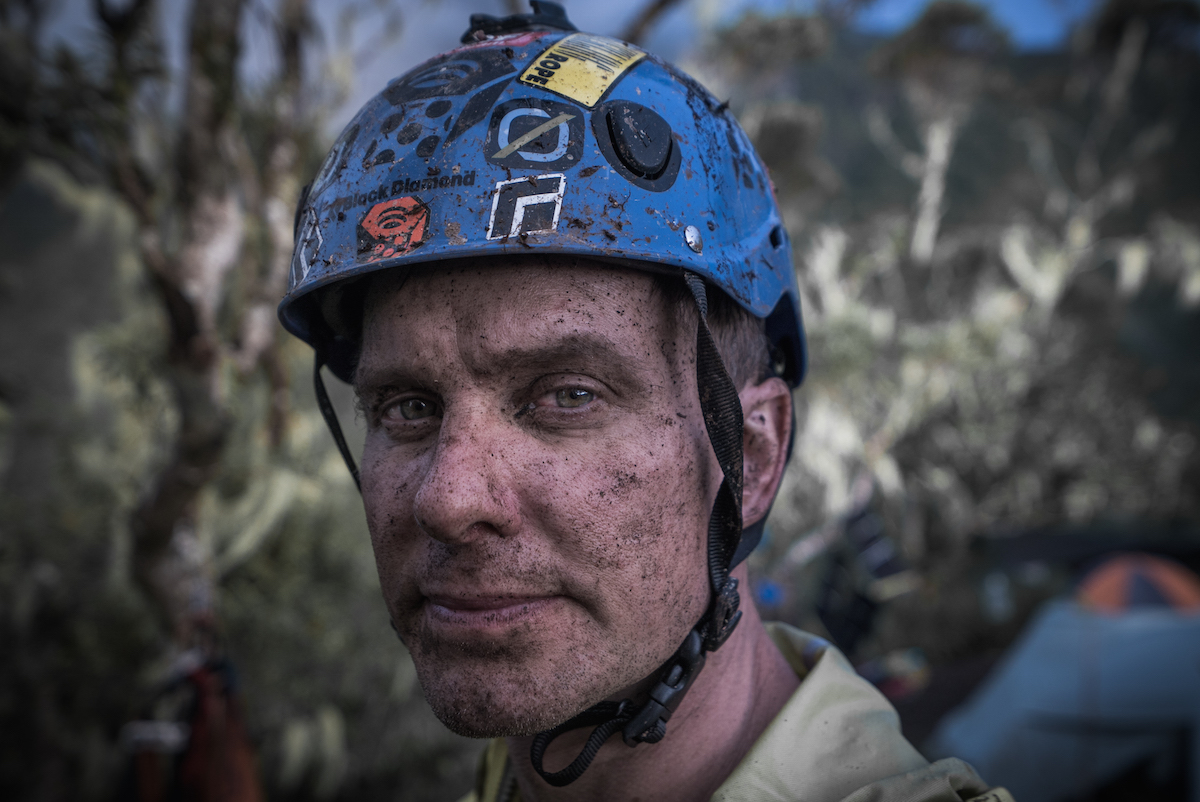
Optimism. Patience. Belief. Focus on the “now.” The most intense and painful moments on expeditions often lead to the most wonderful moments.
Be Thankful
Be generous with appreciation and reciprocation before, during and after an expedition. It’s not just you or your partners that made it to the summit; it’s the family, friends, supporters of all kinds, and local people who make it all possible.
Just Go
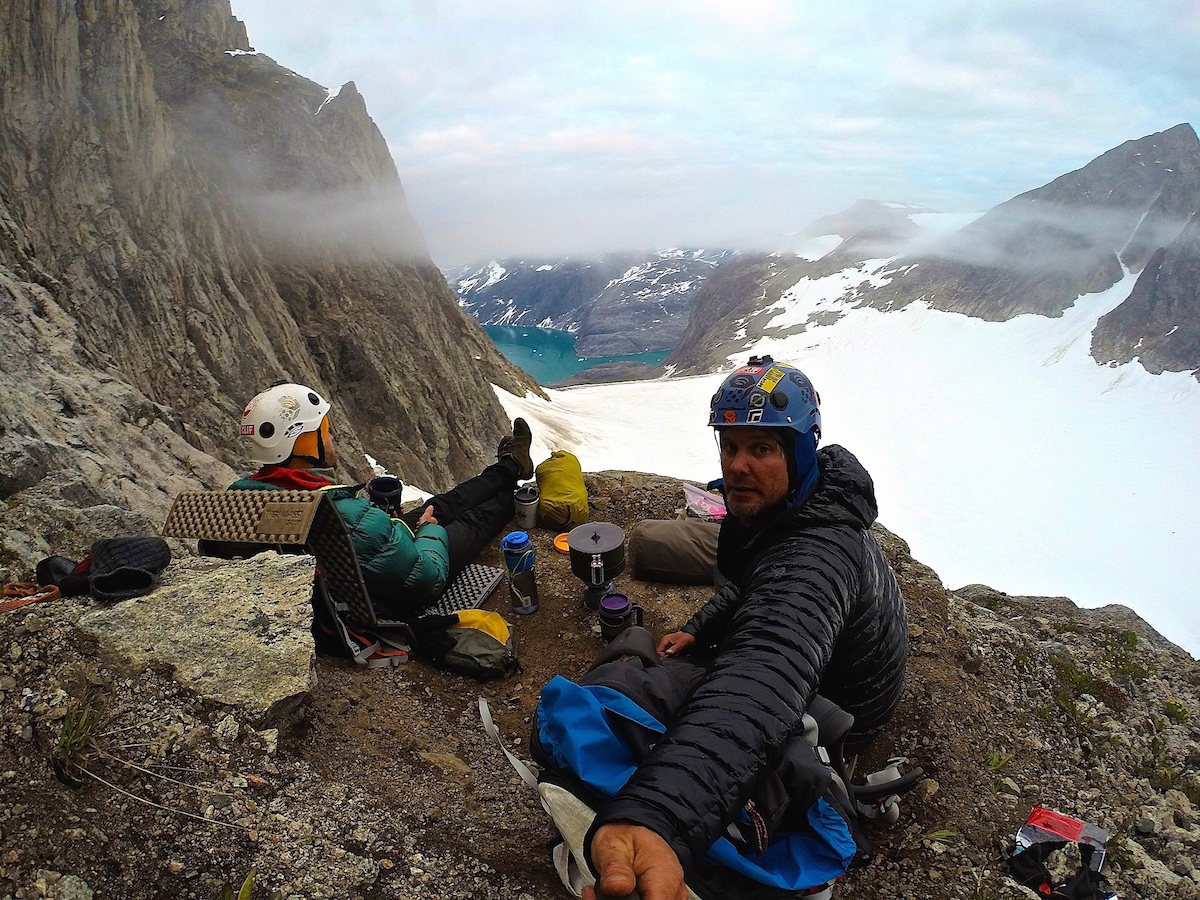
The time is now. What are you waiting for? Dream big and climb those dreams. Death and/or old age is coming. Why ration passion?
Originally Published September 22, 2016.
